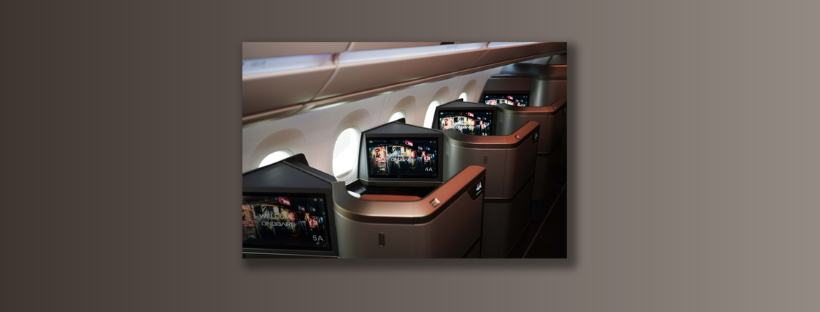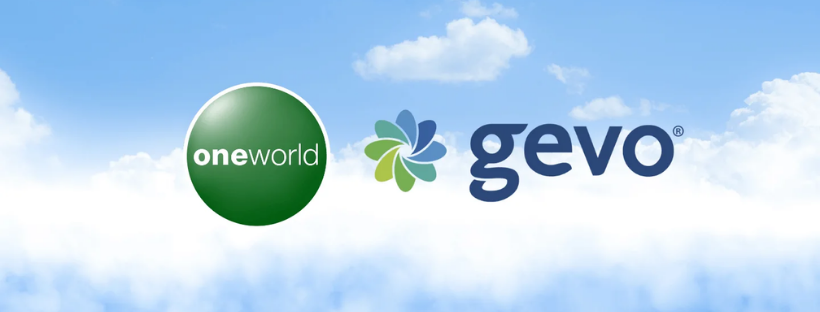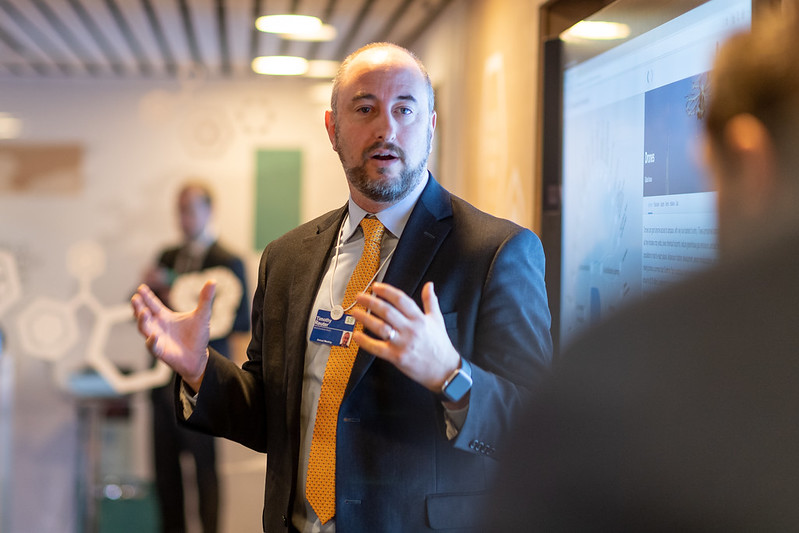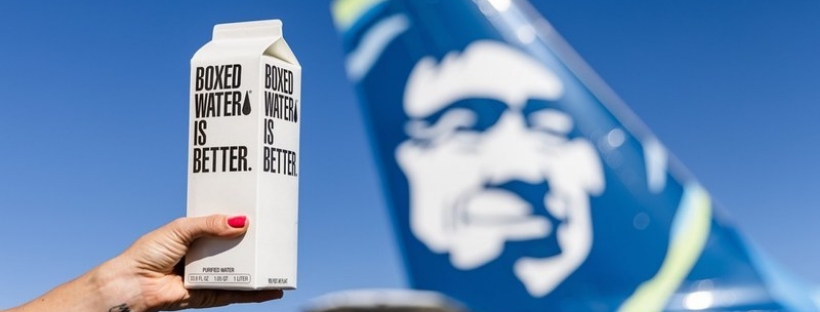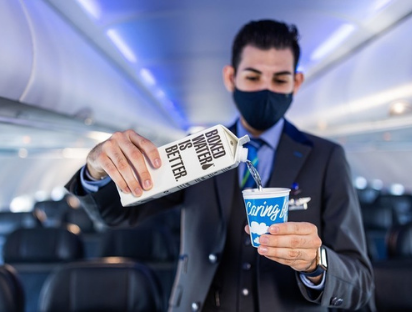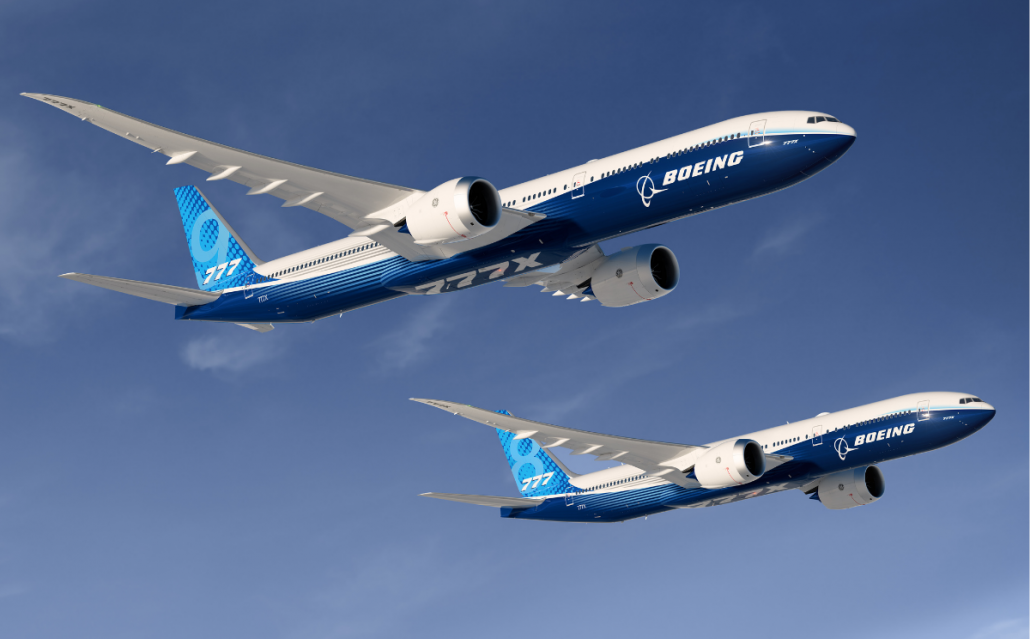STARLUX Airlines’ premium service now available for UK business travellers through Alaska Airlines partnership
Alaska Airlines has announced a partnership with its newest global airline partner, STARLUX Airlines, which is great news for UK-based business travellers looking to travel to Taipei or Los Angeles.
STARLUX is a premium carrier based in Taipei and has recently launched its inaugural transpacific service between Taipei and Los Angeles, making it an excellent choice for those travelling on business.
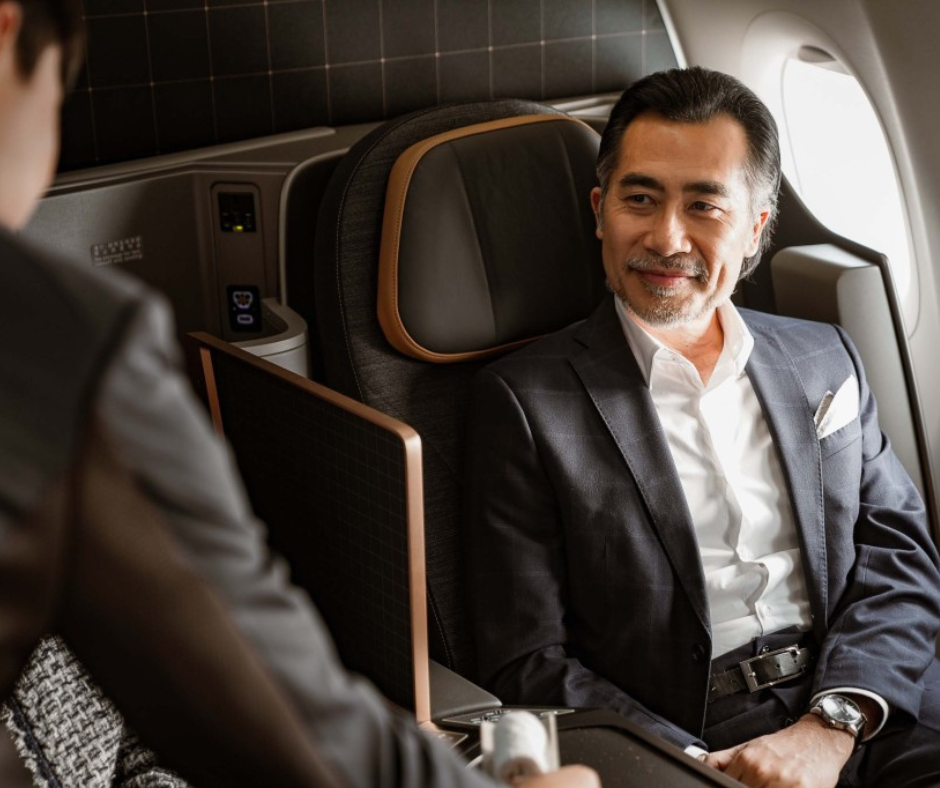
When redemptions become available this summer on STARLUX flights between Los Angeles and Taipei, they will start at:
- 20,000 miles for economy,
- 40,000 for premium economy and
- 60,000 for business class for a limited time.
STARLUX operates the transpacific route with its new-generation Airbus A350-900 aircraft configured in a four-class layout: First, business, premium economy and economy.
Glenn Chai, CEO of STARLUX Airlines said,
STARLUX Airlines has marked a successful three-year operation of our Asian routes, revolutionising the aviation industry with our exceptional service and innovative cabin design that have been highly commended by passengers. In a new milestone, we launched our inaugural flight to Los Angeles, offering convenient and comfortable long-haul premier services to passengers traveling to the City of Angels.
Alaska Airlines, the fifth largest airline in the United States with a wide network covering over 100 cities across the country, is partnering with STARLUX Airlines to deliver more exquisite and convenient flights for travellers journeying between North America and Asia. The partnership will enable seamless connections for STARLUX Airlines customers traveling to destinations across the U.S., making it easier and more convenient to navigate the country’s extensive domestic air network. With this partnership, we are committed to ensuring that travellers enjoy a hassle-free journey and arrive at their final destinations feeling relaxed and refreshed.
Inflight service on STARLUX includes Taiwanese signature dishes and amenities prepared for passengers in all classes.
STARLUX will be offering first and business guests a selection of the best top chefs’ creations and local Taiwanese delicacies, including the popular STARLUX signature dish yakiniku donburi served on board.
To bring greater individuality to their air travel experience, all passengers can pre-order meals online, so they can enjoy the meal they want. The news of Alaska’s partnership with STARLUX follows last year’s partnership announcement with Air Tahiti Nui.
This partnership between Alaska Airlines and STARLUX Airlines is excellent news for UK-based business travellers looking for a premium carrier with a strong transpacific presence. With the ability to earn and redeem miles on STARLUX flights, business travellers can now enjoy a more seamless and rewarding travel experience. Furthermore, the inflight service and signature dishes offered by STARLUX are sure to impress even the most discerning business traveller.

